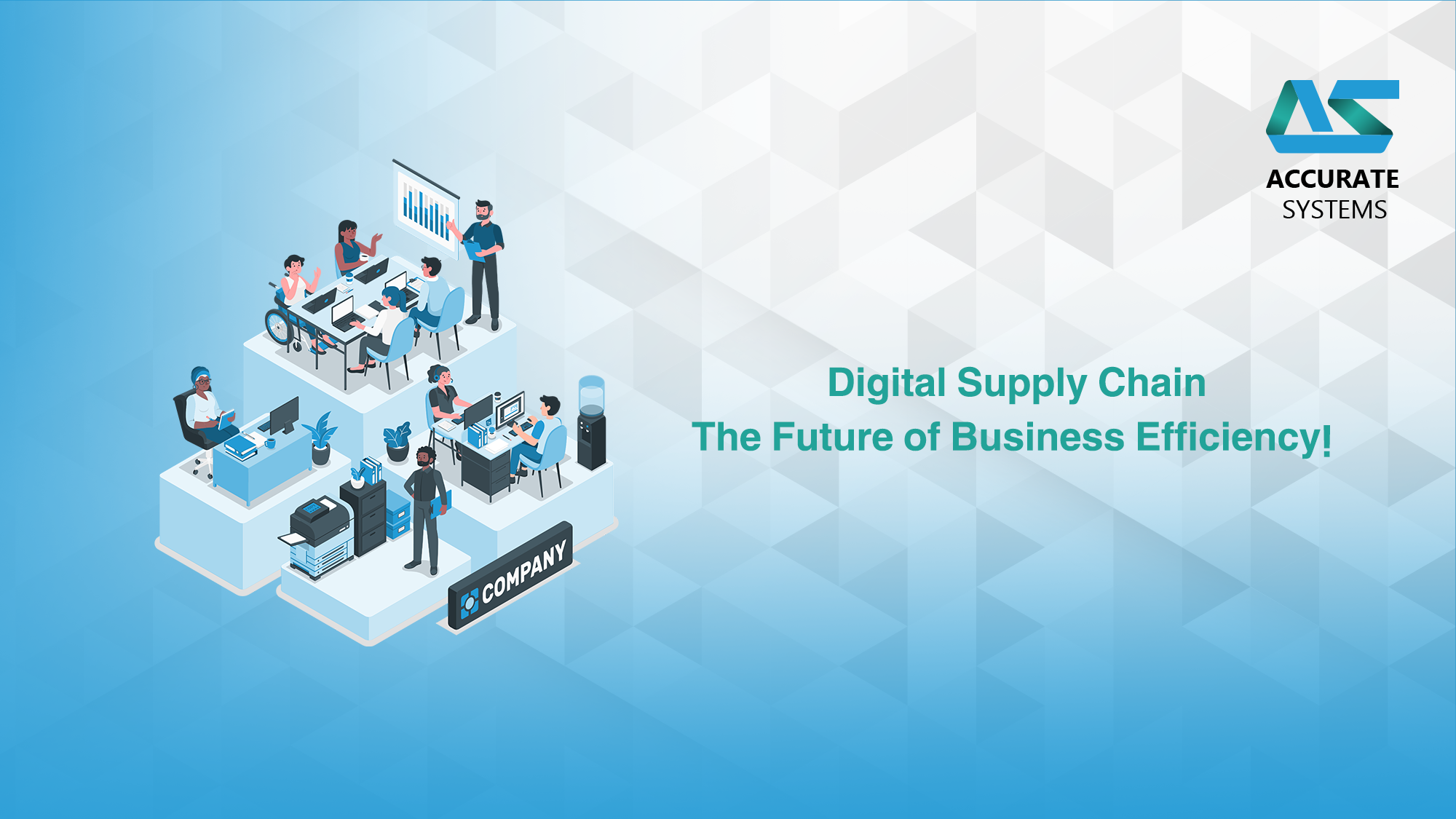In today’s globalized world, efficient and resilient supply chains are essential for business success. Traditional, manual supply chain management no longer meets the demands of today’s fast-paced market. Enter the digital supply chain—a transformative solution using advanced technologies to streamline operations, improve transparency, and boost customer satisfaction. Discover why transitioning to a digital supply chain can give your business a competitive edge.
What is a Digital Supply Chain?
A digital supply chain is an interconnected network of processes, technologies, and people working in sync to optimize the flow of goods and services—from raw materials to finished products. Digital supply chains incorporate various technologies, such as:
- Internet of Things (IoT): IoT devices provide real-time tracking and monitoring of products and assets, giving insights into location, condition, and usage.
- Artificial Intelligence (AI): AI-driven analytics predict demand trends, optimize inventory, and foresee potential disruptions.
- Blockchain: Blockchain ensures transparency and security in supply chain transactions, reducing fraud and counterfeiting risks.
- Cloud Computing: Cloud solutions deliver scalable infrastructure to support digital supply chain operations efficiently.
Integrating these technologies provides businesses with a seamless supply chain experience that adapts to market demands, making digital supply chains a powerful tool for modern businesses.
The Role of ERP Systems in Digital Supply Chains
Enterprise Resource Planning (ERP) systems form the backbone of digital supply chains, centralizing management across multiple functions:
- Inventory Management: Real-time inventory tracking, automated replenishment, and demand forecasting keep stock levels optimized.
- Procurement: Streamlined procurement processes and supplier management make order management efficient.
- Production Planning: Optimized schedules, resource allocation, and quality control ensure smooth production.
- Logistics and Transportation: Efficient route planning and shipment tracking enable faster, more reliable delivery.
- Sales and Order Management: Automated order processing and invoicing enhance customer satisfaction.
ERP systems empower digital supply chains with enhanced capabilities:
- Real-Time Visibility: ERP platforms enable full visibility across the supply chain, from procurement to delivery.
- Data-Driven Decisions: ERP systems gather and analyze data for informed decision-making.
- Enhanced Collaboration: ERP solutions streamline communication across departments and external partners.
- Cost Efficiency: Reducing waste and optimizing inventory lowers costs.
- Improved Customer Satisfaction: Faster delivery, accurate orders, and personalized service improve customer experience.
Challenges and Key Considerations
The shift to a digital supply chain is not without challenges. To achieve the benefits, businesses must address the following:
- Data Security: Protecting sensitive supply chain data from cyber threats is essential.
- Technology Integration: Successfully integrating multiple technologies and systems can be complex.
- Change Management: Training employees and managing resistance to change is necessary for smooth adoption.
- Investment Costs: Upgrading to a digital supply chain involves investment in technology and infrastructure.
By addressing these challenges and fully utilizing ERP capabilities, businesses can unlock the potential of a digital supply chain, gaining a competitive advantage in the global marketplace.
Conclusion
The digital supply chain is transforming business operations in today’s dynamic market. With the support of ERP systems and the right technologies, companies can achieve real-time visibility, enhanced collaboration, and improved customer satisfaction. For businesses aiming to thrive, a digital supply chain is not just an option but a strategic imperative.


